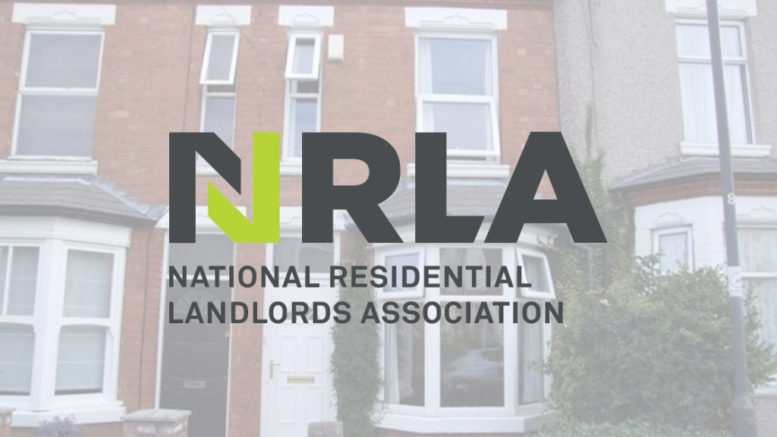Communication between landlord and tenant is key to sustaining tenancies where tenants are facing financial difficulties’, said the National Landlord Knowledge’s Association in newly published Golden Rules on managing arrears and avoiding possession claims.
These, it said, ‘form a central part of measures announced by the Government to ensure courts can start to process possession cases following a six month ban’.
The rules advise landlords to:
- Communicate – if rent cannot be paid in part or full, tenants and landlords should discuss the situation as soon as reasonably possible. It is important for landlords to be flexible and have a frank and open conversation with their tenants at the earliest opportunity, to allow both parties to agree a sensible way forward
- Establish – whether the tenant should be considered vulnerable, such as disabled or a single parent. If so, local authority housing departments can also give advice and support.
- Signpost – landlords should point the tenant to organisations that may be able to provide support or advice on benefit entitlement and debt management.
- Agree – seek to agree an affordable payment plan, based on the tenant’s circumstances, where this information has been shared.
- Be clear – landlords should provide clear rent statements for three month periods (or 13 week periods, if rent is paid weekly), showing any temporary reductions in rent or deferred payments.
- Consent – where the tenant is claiming benefits, explore seeking consent for payment of any housing element directly to the landlord.
- Guarantors – if there is a guarantor in place, actively involve them in discussions with tenants regarding payment of rent.
- Mediate – if tenants and landlord cannot agree, an independent mediator could help resolve differences without expending the time and cost involved in possession proceedings.
- Record – landlords should keep copies of all documentation and a record of all contact with the tenant, and provide the information to the court should proceedings be necessary.
‘Despite the courts opening up again, it does not mean that repossessions are an inevitable consequence where tenants and landlords have struggled due to COVID-19. The Golden Rules published today provide all the advice needed to sustain tenancies – but it is incumbent on both parties to speak to each other’, said NRLA chief executive Ben Beadle.
‘We welcome the framework developed by the Government to ensure courts can begin to hear possession cases again. In such challenging times they broadly strike the right balance between protecting tenants affected by COVID and the need for landlords to tackle the most severe cases including anti-social tenants and cases of extreme rent arrears.
‘That said, we remain concerned that the expectation for landlords, the majority of whom are not property tycoons, is to go without rent for anything up to a year before such cases are deemed a priority. Such a position is not sustainable, especially as there is almost no chance of the rent arrears being recouped. We will continue to raise the difficulties that this will cause’.







